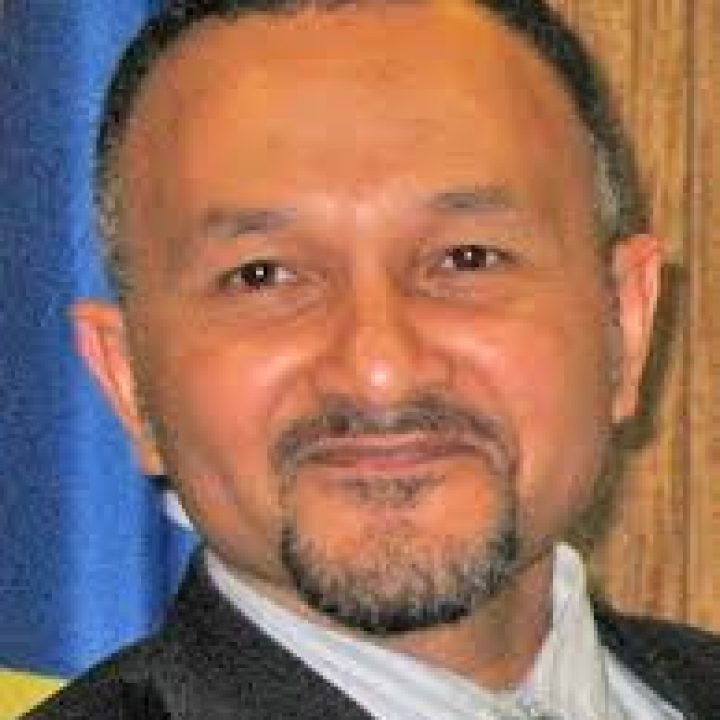‘SAB 2020 contrary to National Constitution’

The Supplementary Appropriation Bill 2020 may be contrary to the National Constitution says, Leader of Opposition Hon. Matthew Wale.
Mr. Wale questions whether the Supplementary Appropriation Bill before Parliament is properly grounded in law.
Hon. Wale, sought to suspend debates on the SAB 2020 by way of a point of order to allow for an assessment of the legal basis of the bill especially in relation to the Advance Warrant clauses.
The Speaker over ruled the Leader of Opposition hence proceedings commenced.
In his speech Hon. Wale highlighted, it is not an unreasonable assumption to make that the government will be receiving increasing amounts of foreign donations, both as a result of the COVID-19 pandemic, a weaker Solomon Islands economy, and the current geopolitical context that affords us the opportunity to solicit funding for projects that, a few years ago would not have been attractive to donors.
“Of course this makes for an even worse dependence on foreign aid donations. But that is a debate for another day”.
Mr. Wale said with increasing levels of donations, it is important that the government’s planning processes are able to anticipate and capture these and are fed into the budget process in a timely manner.
“It looks highly irregular for large amounts of donations to suddenly appear in a supplementary appropriation bill, as if the projects and activities that were funded were outside government’s planned activities.”
He described the announcement by the Finance Minister’s in his second reading speech, as “blatant disregard” for the law that the government had “agreed to revise upwards” the advance warrants ceiling in the 2019 Appropriation Act 2018 by 194m.
“The constitution is very clear under section 102(3) that government must as of first priority seek approval from parliament in a supplementary appropriation bill to change spending limits, and this within the financial year. What the government is proposing to do is not allowed by Section 102(3).
“Section 103 of the constitution only allows for regularization of expenditures within limits already set under section 102 of the constitution. The minister relied on PFM Act sections 51, 58, & 60 for the course of action he has taken. I contend that these sections in the PFM Act are consistent with the constitution, and therefore the minister has seriously erred.”
“Government must first seek parliament’s approval to amend spending limits placed in the substantive Appropriation Act. Those limits must not be exceeded at any time – that is the clear intent of sections 102(3) and 103(3) of the constitution read together. Those limits can only be changed under section (102)(3) of the constitution in my view,” says Hon. Wale.
He further stated that the situation the government has created is it has taken upon itself the liberty of ‘revising upwards’ a limit set by parliament in an Act, something which the government has no such authority over.
“This is a most absurd situation. What law permits the government to do this? A limit set by parliament can only be changed by parliament. Otherwise we have the absurd situation where there really is no need for parliament to set limits on expenditures, because government can change such limits anytime it so chooses.
“Section 103(2) of the constitution in my view allows for regularization of expenditures under Contingency and advance warrants. However,section 103(3) stipulates that such expenditure cannot exceed the spending limits set as required under section 102(3) of the constitution.
“Section 103(3) is a prohibition that spending under section (103)(2) of the constitution must be within the limits set under s(102)(3). The government has exceeded the limit for advance warrants set in the Appropriation Act in breach of section (102)(3) of the constitution. Therefore it is wrong in law to use section 103(2) of the constitution to regularize what section 103(3) does not permit to be done in the first place.
“Section 102(4) of the constitution is the only avenue provided for the situation the government has found itself in. Under section 102(4) the minister is required to provide a statement of heads in excess to the Public Accounts Committee, which shall inquire into the matter and produce a report to parliament,” the Opposition Leader adds.
He says Parliament may then wish to debate a specific motion dealing with the PAC’s report. Spending in excess of limits set in an appropriation Act are never dealt with by parliament during appropriation, because the law does not allow it.
He concluded that this bill maybe ultra vires to the relevant provisions of the constitution and public finance management act, and should therefore be withdrawn and redrafted to comply with the constitution.
Source: Opposition leader’s office
